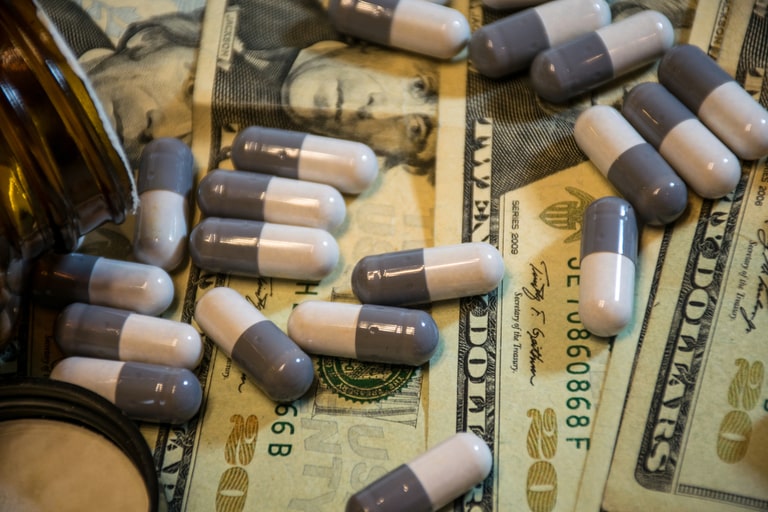By Dean Baker, Center for Economic and Policy Research, Washington D.C.
Margot Sanger-Katz has a very useful Upshot piece on Elizabeth Warren’s transition plan for Medicare for All, highlighting steps that the president can take unilaterally. The piece mentioned that one of these proposals is to take advantage of current law, which allows the government to effectively end patent monopolies on drugs that it helped to develop.
This is a really huge deal since the vast majority of drugs do include a government research component. Ending a patent monopoly will typically reduce the price of a drug by 90 percent or more. Drugs are almost invariably cheap to manufacture and distribute. Without government granted patent monopolies, paying for prescription drugs would no longer be a major problem.
If the government were to go this route on a large scale, it would undoubtedly lead to a drop in research funded by the industry. Warren has proposed some additional public funding to make up a shortfall, although we are likely to need more than she has suggested.
However, a great advantage of publicly funded research is that it could all be fully open so that other researchers and clinicians would be able to benefit from it. Also, we would end the incentive to misrepresent the safety and effectiveness of drugs, substantially reducing the risk of another opioid-type crisis.
Dean Baker is a macroeconomist and senior economist at the Center for Economic and Policy Research in Washington, D.C., which he co-founded. He previously worked as a senior economist at the Economic Policy Institute and an assistant professor at Bucknell University. He is the author of numerous books, including Rigged: How Globalization and the Rules of the Modern Economy Were Structured to Make the Rich Richer.
Note: The views expressed in this article are the author/s, and not the position of Intellectual Dose, or iDose (its online publication). This article is republished with permission.



